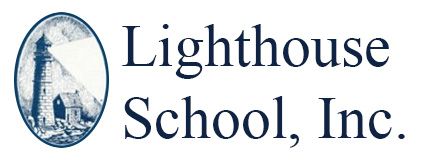Typical Reasons for Referral:
- Non-compliant, defiant, and oppositional behaviors
- Problematic learning styles
- Actions significantly interrupting the learning experiences of other students
- Anxiety interfering with school attendance, educational achievement, and social interactions
- Transitioning from residential settings back into home and community settings
- Social difficulties including pervasive pragmatic deficits, isolation, alienation
- Bullying (both aggressor and targets)
- Facilitating positive collaboration between families and school systems
- Identity and self-esteem issues
- Disruptions of mood including suicidal thoughts, actions and self-injurious behaviors
- Global deficits affecting all spheres of experience requiring very high levels of external structure and support
- Confusion and struggles with reality/fantasy discrimination
- Inappropriate expressions of anger, including swearing, destruction of property, and aggression
Sample Diagnostic Profiles Served
Emotional/Affective Disorders
- Generalized Anxiety Disorder
- Post Traumatic Stress Disorder
- Bipolar Disorder
- Dysthymia
- Depression
- Seasonal Affective Disorder
- Obsessive Compulsive Disorder
- Reactive Attachment Disorder
Disruptive Disorders
- Attention Deficit Hyperactivity Disorder
- Conduct Disorder
- Disruptive Mood Dysregulation Disorder
- Intermittent Explosive Disorder
- Oppositional Defiant Disorder
Autism Spectrum Disorder
Global/Pervasive Developmental Issues
- Genetic and Chromosomal Disorders
- Pervasive Developmental Disorder
- Cerebral Palsy
- Neurological Disorder
- Fetal Alcohol Disorder
- Dyspraxia
Medical Issues
- Traumatic Brain Injury
- Seizure Disorder
- Sensory Disorder
- Diabetes
Learning and Communication Disorders
- Non-Verbal Learning Disability
- Specific Learning Disability
- Receptive and Expressive Language Disorder
- Communication Disorder
Thought/Reality Testing Disorders
- Schizophrenia
- Schizoaffective Disorder
- Psychotic Disorder





